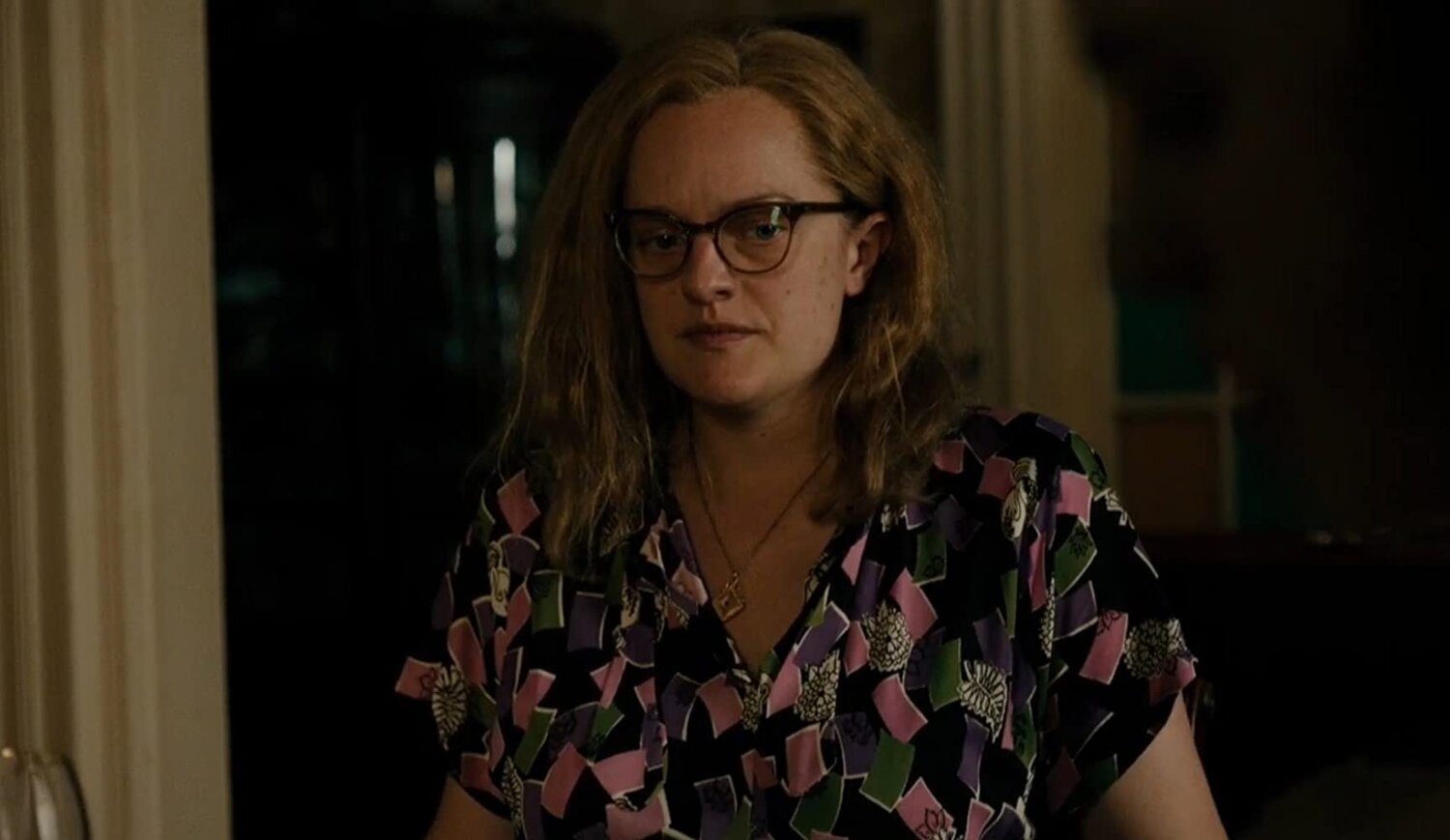Typical Madness, by Tober Corrigan
18 Jul

Sometimes a film hits all the right personal preference buttons yet still leaves you underwhelmed. That was my experience with Shirley, Josephine Decker’s loosely autobiographical account of fiction writer Shirley Jackson’s years in North Bennington, Vermont. It really gets the process of imagining characters and bringing fiction to life in your head. It captures with great specificity both the intrigue and the trappings of elite university culture, particularly during the 1950s in America. Its depictions of what it means to be a woman, a wife, and a creative person are also excellently realized. Yet rather than boldly claiming new cinematic territory with these themes and concepts, I found the film, in both style and storytelling, to vary little from the lineage of films that have covered this same ground.
This, I imagine, is partly by design. Many critics have already noted the fact that Sarah Gubbins’ screenplay gives us a biopic in the style of a Shirley Jackson story. This means a story that seems realistic on the surface but comes up against elements of gothic horror, of psycho-drama, and of supernaturalism. But something about turning this cinematic portrayal of Jackson’s life into something as heightened as one of her stories (most famously known for the short story “The Lottery”) felt a little too clever.
The film starts with a young couple who have eloped to North Bennington on the promise of temporary tutelage by Stanley Hyman (Michael Stuhlbarg), Shirley’s husband and Bennington College’s star professor. In exchange for room and board, Fred (Logan Lerman) works alongside Stanley while Rose (a standout performance by Odessa Young) stays with the rather difficult to please author (acted commandingly by Elisabeth Moss).
Shirley, recognized by her peers as a recluse before the film even starts, is deep into a new project: the fictionalized account of a college girl’s recent, and very mysterious, disappearance from North Bennington. Aided by an extraordinary imagination, the obsession to write, (it’s remarked upon again and again how little she leaves the house), and the harboring of past traumas we can only assume are there, Jackson comes to fully identify with her new character. In Jackson’s visions of the scenes she is writing, the girl also happens to look just like Rose. At about this point, the film hits predictable territory.
We know from the film’s opening (Rose, reading from “The Lottery” and being amazed at its power) that Shirley need only turn her attentions toward her to win the friendly (and eventually romantic) affections back. Both women become obsessed with one another, as they teach each other about the disillusionment of marriage, the fears of womanhood and the desire for transcendence from their daily lives.
The best moments, and the most alive and spontaneous ones, come from when Shirley and Rose are alone. Elisabeth Moss carries a strange and alluring twinkle in her eye throughout, always signaling to the characters and us that she is up to no good and yet entrancing us all the more. Odessa Young, in turn, does excellent work as a young woman whose innocence burns bright to start, only to give way to new passion, to disillusionment, and – if you read the ending as I do – to freedom.
Though specific moments sparkle and Moss and Stuhlbarg have excellent repartees, the scenes are nothing you wouldn’t already find in a work such as Who’s Afraid of Virginia Woolf? I could say the same for many other supposed twists and turns of this film. When I was younger, I enjoyed the psychological extremism of movies about the mind of writers, but I’m much more likely now to enjoy a fiction writer biopic that treats the subject matter with the sort of mundane clarity befitting, well, a normal human being (see Jim Jarmusch’s Paterson for a recent sublime example of this). How did the role of the writer, such an unglamorous activity if really observed, become so romanticized? By films like Shirley, I must suppose.
Decker, largely coming from an indie filmmaking world, brings many of those lo-fi sensibilities to the project, a decision I often find working against it. Much of the film’s “surrealism” comes from emphasizing instinctual camera movements and blurry lenses, two tropes already played out many times before. The chorus of cacophonic voices that make up the soundtrack didn’t work for me either. It all seemed a little too on-the-nose, bringing the film’s subtext into a rather glaring obviousness that I found counterproductive to the film’s desire to be read as ambiguous and challenging.
As a film, it’s extremely well-made. But if you’ve seen stories of mad writers or eccentric couples who conspire against themselves and others, this one probably won’t surprise you.



No comments yet